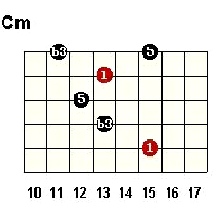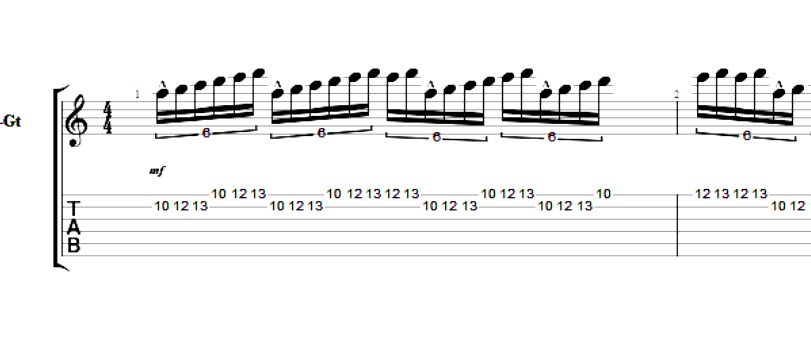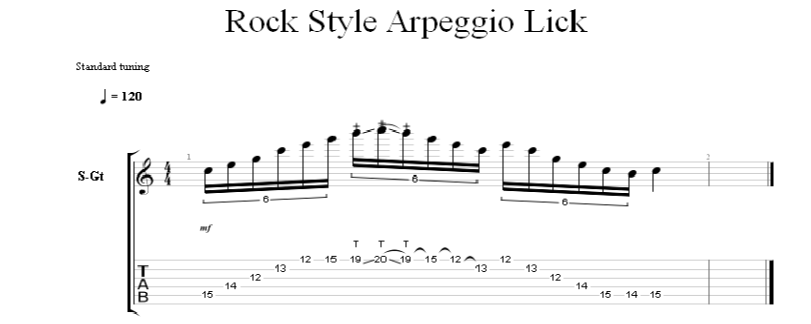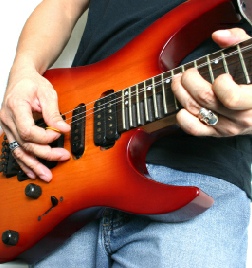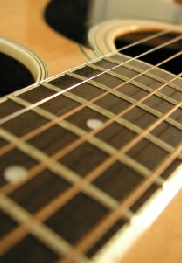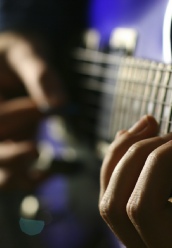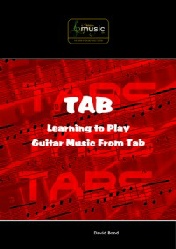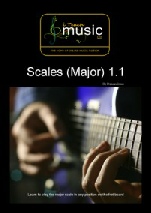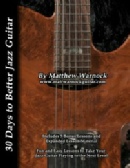

| Terms of Use | Privacy Policy | Teachers Wanted | Downloads | Legal | Returns Policy | Prize Rules |




Internet Guitar Lessons
Professional Lessons
At Affordable Prices









Free guitar lessons
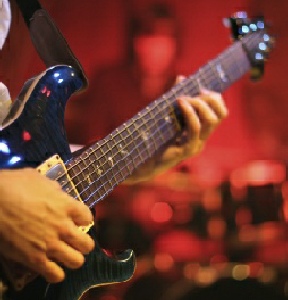



Learn from the best teachers around the world from the comfort of your own home
Featured Teachers
- Bill Hart
- Duncan Jones
- Emrys Baird
- Jim Covington
- Colin Cartmell
- Daniel Realpe
- Simon James
- Pauric Mather
- Niels Vejlyt
- David Bond
- Matt Warnock
- Dylan Kay
- Andrea Basiola
- MDS
- Carlos Viegas
- Matt Pearce

Learn the following styles:
- Rock
- Blues
- Country
- Classical
- Jazz
- Jazz Fusion
- County Rock
- Pop
- Bluegrass
- Slide
- Heavy Metal
- Shred

E-books Available from our shop:
- Deryl Gabel
- David Bond
- Duncan Jones
- Matt Warnock
- Pauric Mather

Blog
We have an extensive range of blog articles from guest writers such as:
Tom Hess
Andrea Basiola
Colin Cartmell

Learn essential guitar techniques and ideas from our growing range of free lessons



One to One Online Guitar Lessons
First Session Free
Simply sign up to get your free no obligation session
If you like our free lessons, how much better could your playing become if you had one to one tuition?
With our first session free what have you got to lose?
Don't delay start today and take your playing to the next level

Book a lesson
 Get Good Now
Get Good Now

Learn from the best players around and earn the right to call yourself a guitarist


Welcome to our arpeggios guitar lessons page

Free Arpeggios Guitar Lessons

Arpeggio instructional video
In order to get these arpeggios in to your playing quickly and effectively the first step is to memorise the pattern. These shapes are all played in root position, this means that the first note played is the note the arpeggio is named after. Memorise the shape and learn to play these in all positions of the neck.
The next step is learning to link these arpeggios into scales (see figure 1) , you can practice going up the arpeggio and down the major scale etc. After that another step in the process of learning these arpeggios is to play them over the chord they are derived from, when you do this really focus on the sound of each note in relation to the chord, the root , 3rd and 5th have different sounds against the chord they are played over.
Different styles of music use arpeggios in different ways, for instance jazz (See figure 4) will use arpeggios to play through complexed key changes, whilst rock will tend to use arpeggios in a virtuosic way. (see figure 2). Country ( See Figure 3) will again use arpeggios in a completely different way, the underlying theme here is that the possibilities are endless.
Just like with scales, you can use sequence patterns with arpeggios this type of use of a arpeggios crops up a lot in classical and neoclassical music. You can also learn to play intervals off the notes in an arpeggios, this gives you very angular and unusual licks. Hopefully this free lesson has been useful and you can appreciate the wealth of ideas available once you begin to master arpeggios, please feel free to checkout our eshop to purchase arpeggio ideas and more advanced applications.
In these arpeggios guitar lessons you will learn what arpeggios are and how to use them
Arpeggios, what are they? And how do you use arpeggios in your playing, if you are looking at this free lesson chances are these are some of the questions you have. Below are some basic shapes, however don’t confuse basic with not very good.
These shapes, once mastered, can provide a wealth of ideas and music. An arpeggio is essentially a chord or the notes of a chord played one note after the other, they can be used in all music styles and played in a great many ways. However no matter how or where they are played they bring melodic ideas to improvisation or compositions.
The next step is to learn some basic shapes
Major Arpeggio
This arpeggio is spelled C, E, G and is comprised of the 1st, 3rd, and 5th notes of a C major scale. These arpeggio shapes can be played from the 8th positions and 15th Position
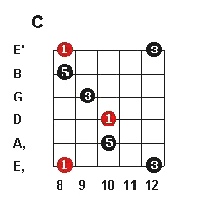
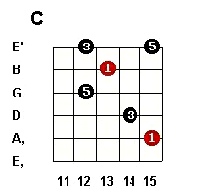
Minor Arpeggio
This arpeggio is spelled C, Eb, G and is comprised of the 1st, b3rd, and 5th notes of a C minor scale. This arpeggio shape can be played from the 8th positions and 15th Position

